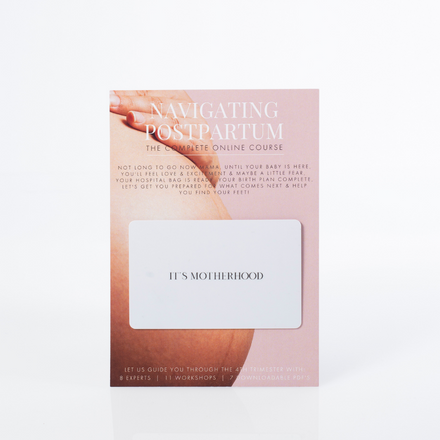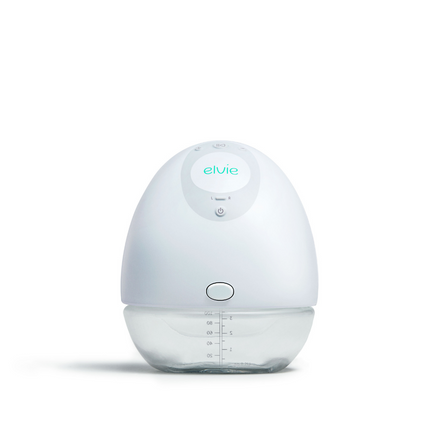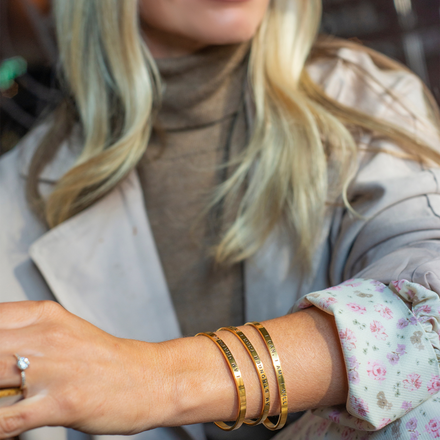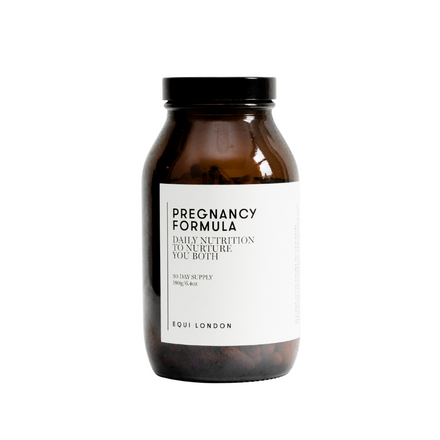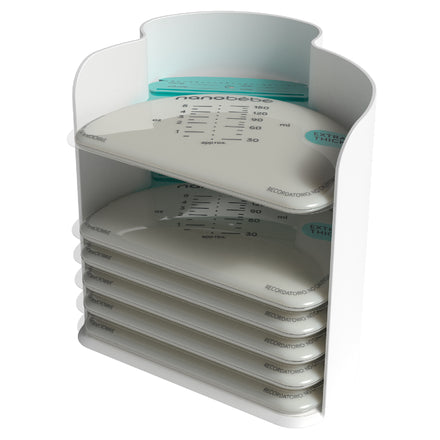Real Life - Getting Pregnant Through At Home Artificial Insemination
Hi, my name is Rushina!
My wife and I have been together for 7 years, married for 2 and through the process of at home insemination, we have a 13 month old little boy named Rudey.
Starting a family had always been on the cards for us but we didn’t have a serious conversation about it until 2017. We agreed that as we were getting married in the summer of 2019, we’d try a couple of months before and if it worked, great, we could announce at the wedding and if it didn’t work, we still had the wedding to look forward to and keep us busy.
Deciding who would carry was the easy part, my wife had the highest wage and so her going on maternity leave didn’t financially make sense. Not to mention she isn’t particularly interested in ever being pregnant either. Me on the other hand? It was all I could think about, I was SO ready. With that settled, it was time to decide exactly how. How the heck are we going to make this happen? So, we took to google and began to research our options.
The results were in, we needed to go to a fertility clinic. So, after weeks of scouring the net and checking out several different companies we found that these were our options:
Intrauterine insemination (IUI). Essentially artificial insemination where sperm is inserted directly into the uterus.
Intracytoplasmic sperm injection (ICSI). A single sperm is injected into the egg.
In vitro fertilisation (IVF). A woman’s eggs are stimulated, collected and fertilised with sperm resulting in embryos which are cultured for 3-5 days and one (or more) embryo is transferred back to the uterus.
(Of course, this list is not exhaustive as there are other options such as adoption, surrogacy etc).
Another method that we came across which was more targeted at lesbian couples was a procedure called Reciprocal IVF, also known as Shared Motherhood. In a nutshell, one woman will have her eggs collected as with any other IVF cycle but those eggs will then be transferred into the uterus of her female partner who will have undergone preparation in order to make sure her womb lining is also ready. This seemed like an amazing idea to us as it was possibly the closest alternative to having a biological baby together.
However, we quickly began to realise that treatment for us was not going to be cheap, I’m talking at best case it would have cost somewhere in the range of £1000 and worst case it would be in the tens of thousands. Big fat ouch! We were already paying for a wedding abroad, so it seemed impossible to make extra savings for consultations, treatment and fertility drugs. What if it did not work first time? Or the time after that? Those costs would have just kept driving upwards and it started to feel unachievable to people in our position.
As two young and healthy women, for us to receive free help with the NHS, we are required to pay for a set amount of cycles and have them all fail first. Only then would we receive one single cycle fully funded as opposed to a heterosexual couple who would only need to be unsuccessfully trying for 2 years.
This didn’t seem fair.
We were just as deserving to be able to start our own family, but we were looking at putting ourselves into debt for the same right. We were facing decisions like house or baby? Wedding or baby? Our hearts were broken.
After a good friend reached out to us, we were informed about of an alternative route, ‘at home insemination’. Now ’at home insemination’ is the same as artificial insemination (IUI) just without the doctors and medical setting. We were guided to websites that were filled with egg donors, sperm donors, people looking for others to co-parent with, surrogates and recipients alike and all it cost was a small subscription fee.
Before starting our hunt, we sat down and created a list of things we wanted from a donor in order to make a baby that looked like the both of us. Things like being a similar ethnicity, having the same interests and having the same facial features as my wife. But the most important thing was that the donor was okay with having zero contact before the child was 18. Through the months we made our way through a lot of time wasters, but we eventually found our perfect match. The next year was spent getting to know him and making sure that we were about to pick the right person. We quizzed him about his family, his hobbies, employment, even his dreams and after meeting in person, we found that we had gained ourselves a friend. This milestone was a huge deal and we felt overjoyed in the fact that should our future child ask about him and maybe one day meet, we would be so proud of the person he would be forming a relationship with.
From the day we decided to try and conceive, I underwent a complete lifestyle change to make myself baby ready. I was at the gym 3-4 times a week, consumed a clean diet and began taking conception vitamins, I was doing everything I absolutely could to help this be successful. I was also tracking my ovulation religiously to the point that I was so in tune with my body, I did not need the apps to tell me when it was time.
The day finally came, it worked, I was pregnant!!

From then on, my pregnancy was plain sailing, completely hiccup free. My family were so concerned about my wife being left out that every time I was gifted something to help with any pregnancy ailments, they would also buy her a gift too. She was loving it! We constantly corrected people that referred to the baby as just mine. No, this is OUR baby. And we also made sure to include my wife as much as possible in my birth plan to avoid any feelings of being cast aside. The hardest part though, was getting people to accept that our baby does not have a father. It used to really work us up when people would make passing comments and say things like “the baby’s dad” instead of “the baby’s donor” or when they would stupidly ask which one of us will be mum and which would be dad. I mean come on?
It is no lie that LBGTQ+ pregnancies and our TTC journeys are not spoken about enough because there are so many different options depending on who you identify as in the community and the circumstances in which you wish to conceive. Yet still, none of us know how to go about it. We all know how heterosexual couples who struggle with fertility go about overcoming those challenges and yet can anybody say the same for LBGTQ+? We only truly realised the lack of guidance and education around this issue once we were pregnant, we were flooded with questions of “so how does that work then?” and “how do you guys even make a baby?”. But through being open and answering these questions can create education around the subject itself.
Educating our children on these issues is also incredibly important to us, teaching them that
families come in all shapes, sizes and variations and that there is no “normal”. This is the first step in creating acceptance, understanding and compassion in adults. We plan on being completely honest with all our children about where they came from. We feel that to hide that part of who they are would do more harm than good and it breaks a level of trust between us. It'll become apparent that their two-mum family is different to others anyway so why hide it? While so young they need not know all the details, simply that a kind man helped mummy and mummy make a baby and that a Mum and Dad family is just one person's reality, not everyone’s. The older they get and the more they learn about relationships, we can divulge into it a bit more.
Even with all the issues surrounding ignorance, a bigger family is definitely in our future. In fact, if it weren’t for the current lockdown, we would absolutely be trying again. Would we do things differently? Not a chance. Everything went perfectly for us the first time and we went into it all with an open mind so nothing caught us off guard. All journeys are personal and there’s absolutely no way of telling that the next time or next pregnancy will be the same. We always have to be open to change, especially in areas such as having to swap donors, whether or not my wife would like to carry or any fertility issues that could arise. We are super aware of how lucky we were for it to have worked on the only try and we feel extremely blessed to be where we are now.




